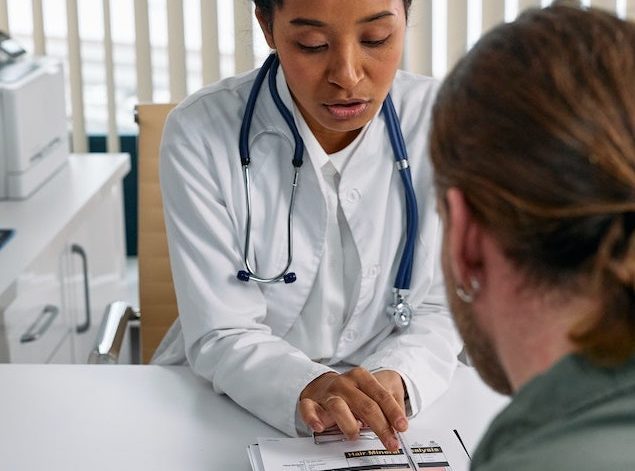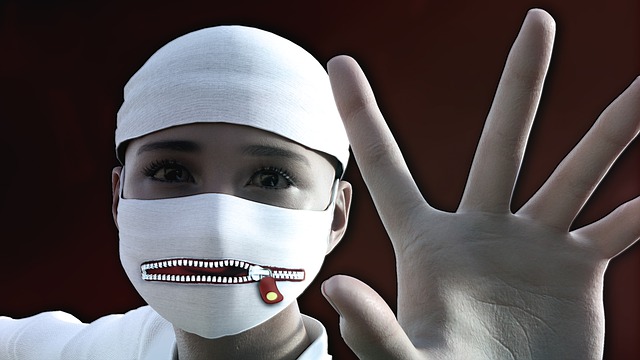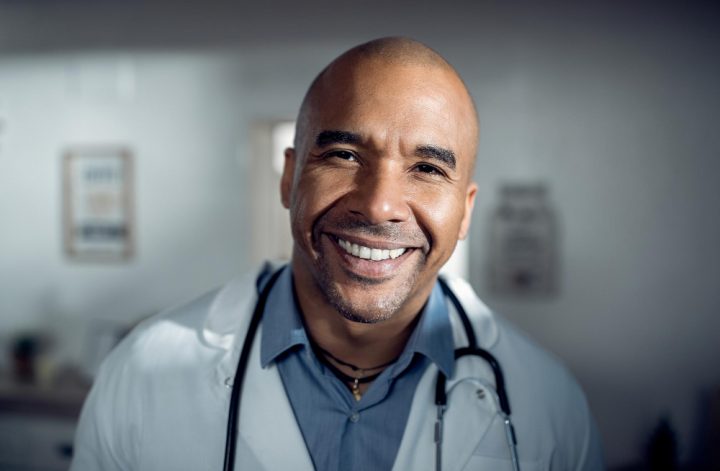From my America Out Loud Pulse podcast with Dr. Jenny Powell, MD – https://www.americaoutloud.news/finding-joy-meaning-and-your-soul-in-medicine-and-life/
The Covid fiasco brought to light burnout in physicians and nurses. Just what is burnout? A reaction to long term stress with symptoms like emotional exhaustion, feeling of decreased personal achievement, and lack of empathy toward patients at least once a week. In days past we used to call that “compassion fatigue.” Many characterize it as based in “moral injury” where the healthcare workers are forced to engage in actions that conflict with their values or beliefs or are unable to provide the care that their patients need. According to the AMA, the end of 2021, nearly 63 percent of physicians reported symptoms of burnout, up from 38 percent in 2020. Additionally, a recent comprehensive literature review found that only 57 percent of healthcare workers believed that they have a good work–life balance.
What causes burnout? Both physicians and nurses complain about the increased workloads and administrative burdens with electronic medical records (EMRs), childcare stress. Physicians are troubled by bureaucratic rules such as prior authorization and their decreasing autonomy in decision-making. One survey of 57 U.S. physicians in family medicine, internal medicine, cardiology, and orthopedics found that for every hour they provided direct clinical face time to patients, almost two hours are spent on EMRs and desk work in a clinic day.
Sadly, the result of this unhappiness is that in one survey of 6695 physicians, many wanted to actually leave medicine for another career. One problem with physician unwellness issues is the fear of seeking help because they would have to report the fact that they sought treatment when renewing their license or hospital privileges.
We need our health care professionals to be healthy and human. When burnout starts, we have to recognize and do something about it. When faced with difficult and/or traumatic situations, we have to acknowledge that it has an effect on us although during the event we have to keep cool heads. When the outcome is not good, we feel inadequate. We have to regain our confidence and sense of worth. In anesthesia, there was a saying: “you are only as good as your last case.” You feel like the halls of gossipy voices are closing in on you, rather than the soothing voices of supportive colleagues lifting you up.
We have to get emotional support. There has to be some resolution: move on and continue with your career with a positive attitude, slog through every day, or sadly, drop out.
Today I’m talking with a doctor whose broad interests make her a better doctor and a really good person.
Dr. Powell’s websites: https://jennypowellmdauthor.com/; https://dpcareclinics.com/
Bio
Dr. Jenny Powell is the immediate past president of the Association of American Physicians and Surgeons. She attended the University of Illinois for one year as a Pre-Journalism major. She knew that wasn’t the direction she was meant to go, but uncertain about her true calling, she married her high school sweetheart and raised children. At 30 years old, she found her calling. She went back to college, graduated from the University of Illinois with a bachelor’s degree in Microbiology, attended the University of Illinois College of Medicine in Peoria, Illinois and then completed her Family Practice Residency. She now has a direct primary care practice in Osage Beach, Missouri.









